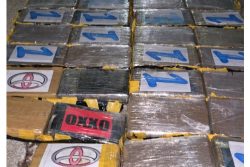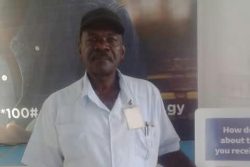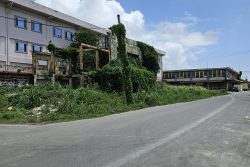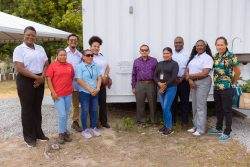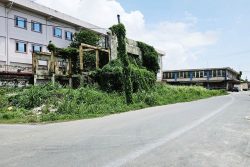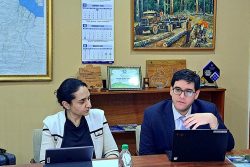Prime Minister of St Kitts and Nevis and incoming Chairman of the Caribbean Community (CARICOM) Dr Denzil Douglas says the regional body has made significant strides in the fight against HIV and AIDS, besides other solid achievements in the health sector.
And he notes also that PANCAP (Pan Caribbean Partnership against HIV and AIDS), which has been acclaimed an international best practice by the United Nations, has mobilised critical resources to coordinate successfully the region’s response to HIV and AIDS and could now boast a score card of significant reduction in the mortality rate, increased access to treatment and care by more than 50% of people living with AIDS and a remarkable decrease in the prevalence rate of HIV infections, according to a press release from the CARICOM Secretariat at Turkeyen.
Prime Minister Douglas, who has lead responsibility for Human Resource Development, Health and HIV/AIDS in the Quasi-cabinet of the CARICOM Conference of Heads of Government, said CARICOM could celebrate ten years of solid achievements in the region’s health sector development, since the Nassau Declaration in 2001.
He was addressing regional media representatives at a Media Clinic on Friday afternoon in the margins of the 32nd Annual Meeting of the CARICOM Conference of Heads of Government which will open in St Kitts and Nevis on July 1, the release said.
He said that the Community was meeting at a critical juncture in the wake of a plethora of concerns regarding implementation deficits in the CARICOM Single Market and economy, the Caribbean Court of Justice and Community leadership, but hastened to point out that much has been achieved, especially in the health sector.
Dr Douglas told journalists that the Community was the first in the world to provide an actionable response to the 2001 United Nation’s General Assembly Special Session on HIV and AIDS and its subsequent Declaration which led to the establishment of the Global Fund for HIV/AIDS, Tuberculosis and Malaria.
This response, he said, came in the form of the Nassau Declaration – The Health of the Region is the Wealth of the Region – which spawned the establishment of PANCAP, the Caribbean Cooperation in Health (CCH) with its eight strategic health priorities and the proposed Caribbean Regional Public Health Agency (CARPHA) set to begin operations by year-end.
Noting that all but one major recommendation in the Nassau Declaration were achieved, Dr Douglas pointed to significant strides made by CARICOM in the fight against HIV and AIDS.
Prime Minister Douglas also singled out the Community’s landmark achievements in the fight against Chronic Non-Communicable Diseases (NCDs), noting that “through the example of the region and the lobbying of our ambassadors at the United Nations, CARICOM has led the way for the UN High Level Meeting on NCDs in September.”
He explained that it was the Caribbean Commission on Health Development, chaired by Professor George Alleyne, which in 2006 raised an awareness of the devastating effects of heart diseases, hypertension, diabetes, cancers and other lifestyle-related diseases on the economies of the region.
In response to this, CARICOM held the first Heads of Government Summit on NCDs in the Americas, and that Summit, he stated, produced the Port-of-Spain Declaration – Uniting to Stop Chronic Non- Communicable Diseases – which is now being benchmarked as a model in the global fight against NCDs.
And more profound, he said, was the implementation of several policies to promote healthy lifestyles through physical activity, and reduce risk factors to NCDs.
CARPHA, Douglas stated, would be the final aspect of the Nassau Declaration and would provide a more effective response to regional health emergencies by consolidating the core functions of the five regional health institutions into one agency.
Meanwhile, at their upcoming conference, CARICOM Heads of Government will sign the Inter-Governmental Agreement that will establish CARPHA as a legal entity.
However, against this backdrop of achievements,
Dr Douglas cautioned journalists: “Do not come to St Kitts and Nevis just to criticise what we have not achieved… but also to talk about what we have achieved especially over the past ten years…”

